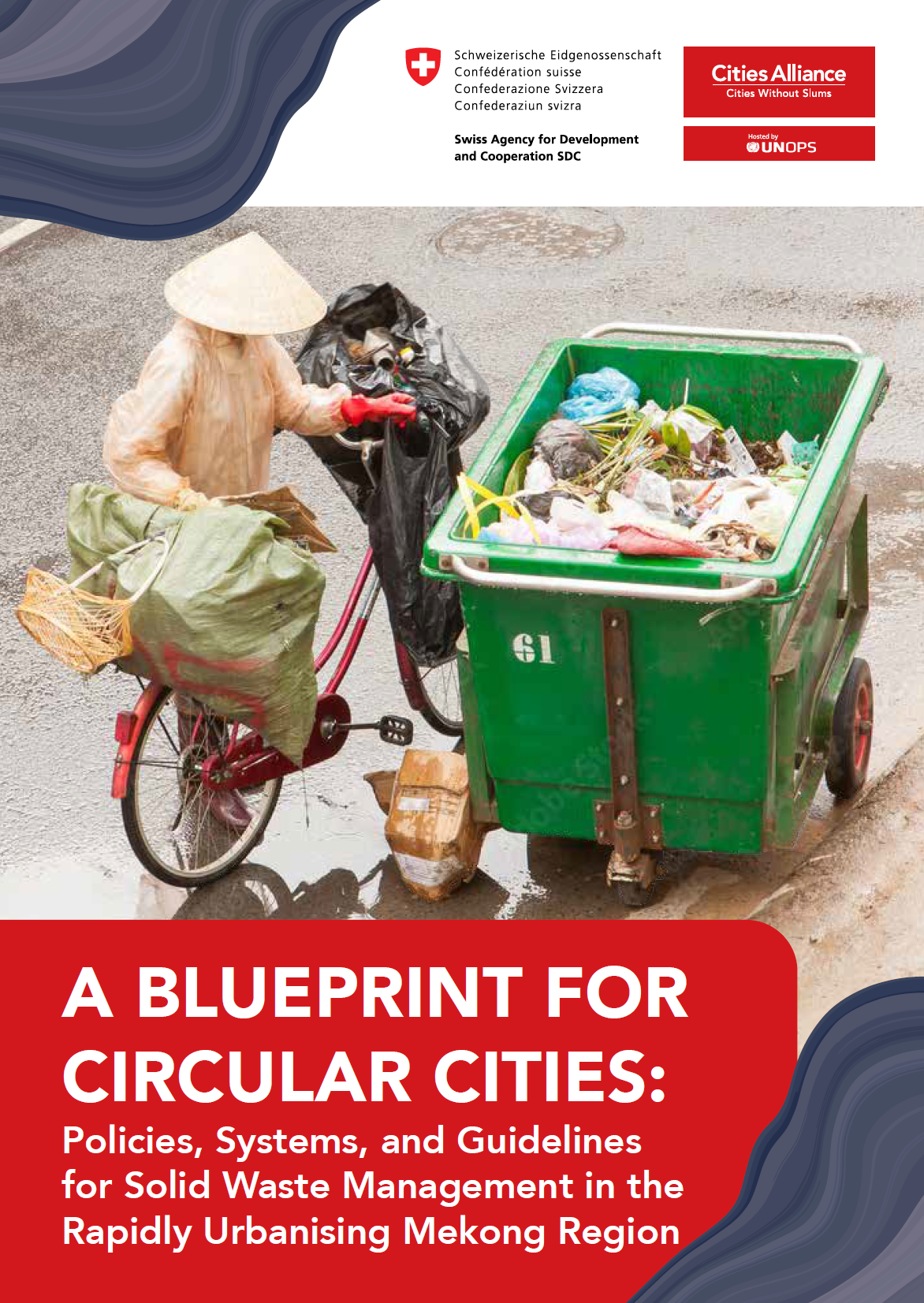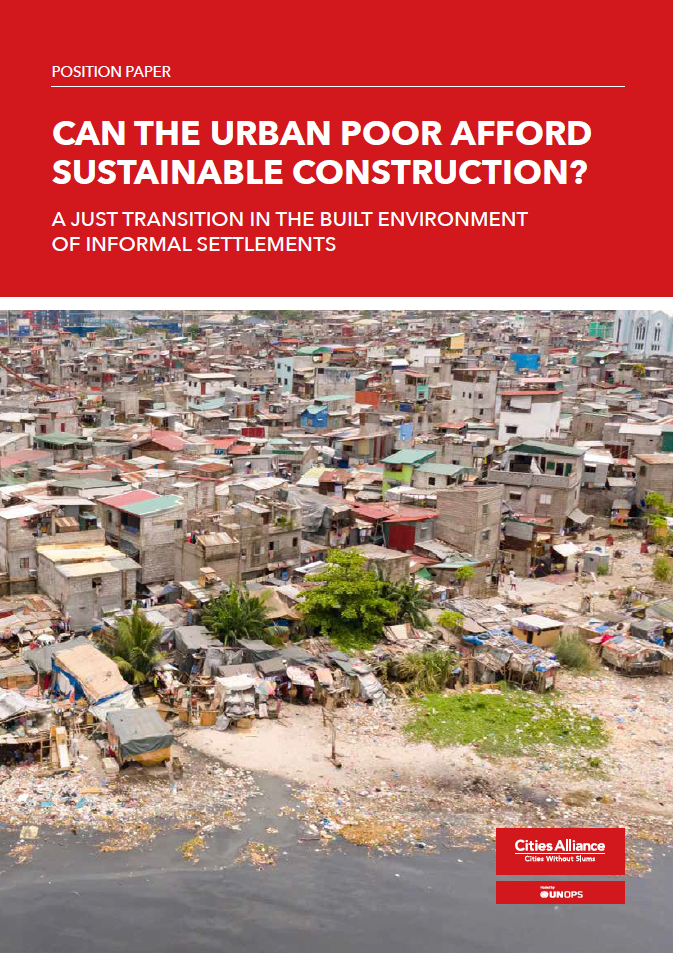- Who We Are
- How We Work
- Regional / Country Initiatives
- Legacy
- Core Themes
- Working Groups
- Portfolio & Results
- Newsroom
- Resources
Assessing The Institutional Environment of Local Governments in Africa
United Cities and Local Governments of Africa and Cities Alliance are pleased to present the 2015 edition of Assessing the Institutional Environment of Local Governments in Africa.
Three years after the publication of the first assessment, United Cities and Local Governments of Africa and Cities Alliance are pleased to present the 2015 edition of Assessing the Institutional Environment of Local Governments in Africa.
Ten criteria were identified in 2012 to assess the enabling environment that each African Government provides for its cities and local governments. each country was analysed to assess its progress with – and their constraints on – decentralisation, and then rated on a scale of 10 to 40. Three years later, this new assessment presents both the current situation, and a means to measure progress.
Generally, the news is good: the overall trend is one of modest but tangible improvement in the latitude afforded by Governments to city and local government action. Across the continent, the average rating in 2015 rose by 6% over the 2012 ratings. Twenty-three countries have made progress, mainly in Southern Africa and, to a lesser extent, in east Africa. With some variation from country to country and across regions, these improvements are in four main areas: financial transfers from central governments to local authorities; transparency in the management of local affairs; citizen participation; and the frameworks established for local government capacity building.
On the negative side of the equation, a clear majority – some three-quarters of the countries – received ratings below average and still need to make major progress in implementing structural reforms.
Paradoxically, the existence of urban strategies was the assessment criteria that saw the least progress. The recently adopted Sustainable Development Goals’ recognition of the role played by cities is particularly significant in Africa, the continent with one of the highest rates of urban growth, especially among small and medium-sized cities. Through the adoption of its roadmap Agenda 2063: The Africa We Want, the African Union clearly sees cities as drivers of the continent’s structural transformation. This vision will feed into the October 2016 habitat III Conference, where the international community is expected to adopt a new urban agenda – an agenda that will need African cities and local governments to be sufficiently empowered and resourced to meet Africa’s challenges and opportunities.
Read more of Assessing The Institutional Environment of Local Governments in Africa.


